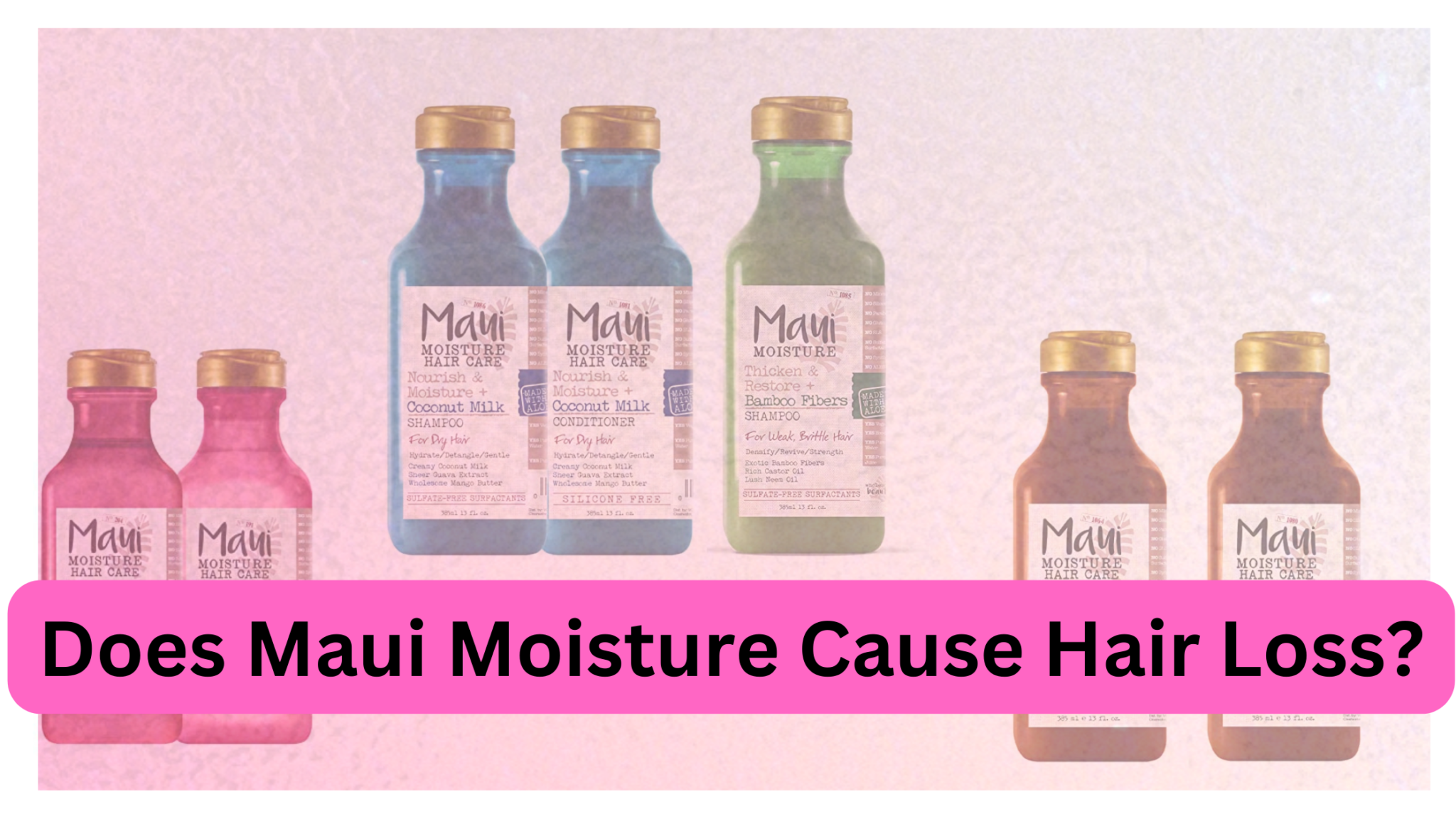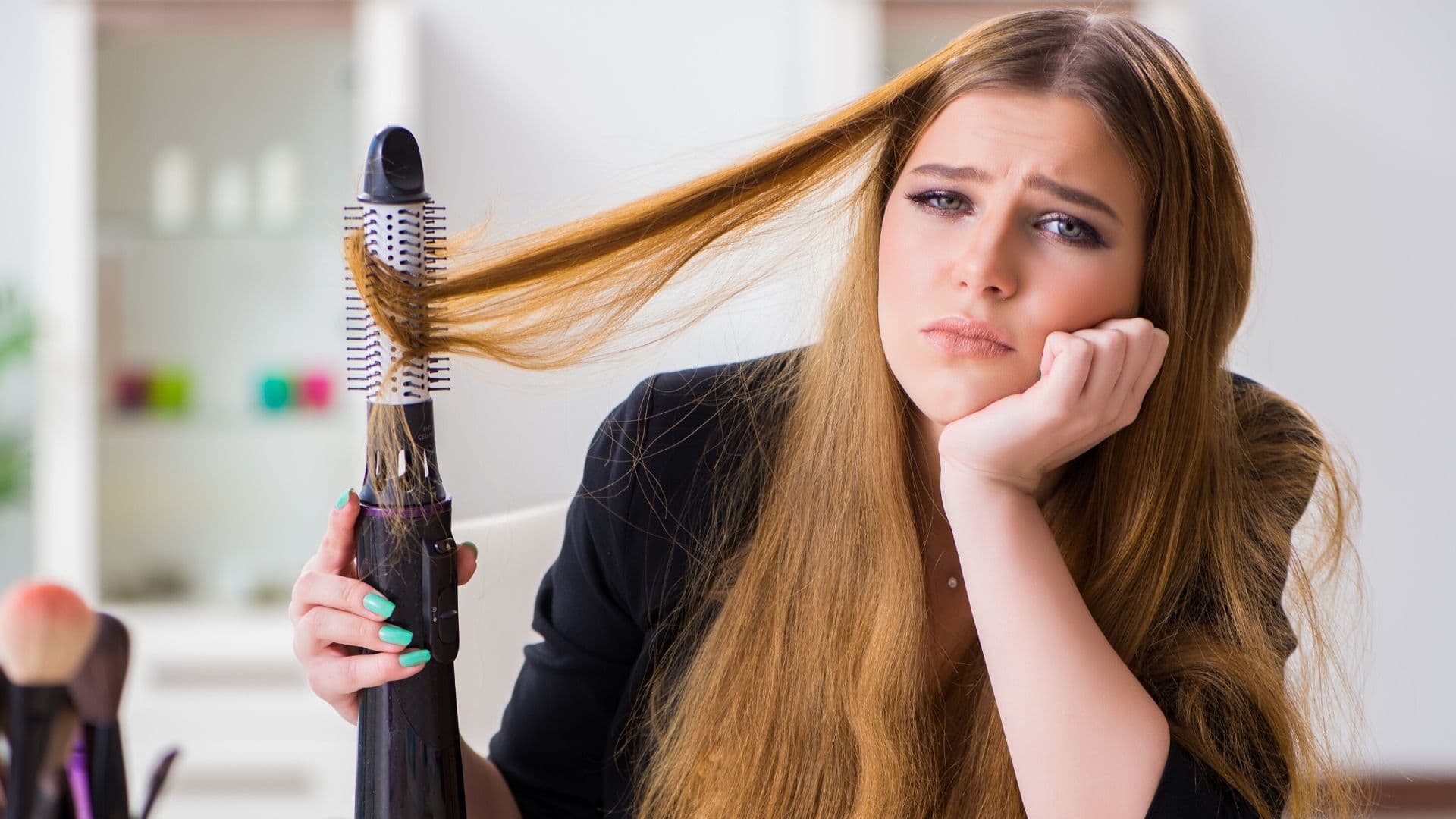Do you ever wonder if using a bump stopper could lead to hair loss? If you're concerned about the potential effects of this product on your scalp and hair, you're not alone. Many people are curious about the impact of various hair care tools on their hair's health. In this article, we will delve deep into whether bump stoppers can cause hair loss and explore related topics.
Hair loss is a significant concern for many individuals, and understanding the factors contributing to it is crucial. While there are several well-known causes of hair loss, such as genetics, hormonal changes, and medical conditions, the role of hair care tools like bump stoppers is less clear. Let's explore this issue further.
This article will provide valuable insights into the connection between bump stoppers and hair loss. By the end, you'll have a better understanding of whether this tool poses any risks to your hair and how to mitigate them if necessary.
Read also:Comprehensive Guide To Movie Rules Movie Rules 2024 Everything You Need To Know
Table of Contents
- What is a Bump Stopper?
- Does a Bump Stopper Cause Hair Loss?
- How Bump Stoppers Affect Hair
- Common Causes of Hair Loss
- Preventing Hair Loss
- Alternatives to Bump Stoppers
- Expert Opinions on Bump Stoppers
- Tips for Healthy Hair
- Frequently Asked Questions
- Conclusion
What is a Bump Stopper?
A bump stopper is a hair styling tool designed to help individuals with textured or curly hair achieve sleek, smooth hairstyles. It works by pressing down on the hair to flatten and smooth out the curls, creating a sleeker appearance. This tool is especially popular among those who want to achieve a polished look for special occasions or formal events.
While bump stoppers can be effective for styling purposes, some users have raised concerns about their potential impact on hair health. To fully understand whether a bump stopper causes hair loss, we need to examine how it interacts with the scalp and hair.
Does a Bump Stopper Cause Hair Loss?
There is no direct scientific evidence proving that bump stoppers cause hair loss. However, the way they are used can potentially lead to hair damage if not handled carefully. The primary concern arises from the tension and friction created when using this tool.
Mechanical Stress on Hair
When a bump stopper is applied, it places significant tension on the hair shaft. Over time, this mechanical stress can weaken the hair, making it more prone to breakage. While this is not the same as hair loss (which typically involves hair falling out from the root), it can contribute to an overall thinning appearance.
Scalp Irritation
Improper use of a bump stopper may irritate the scalp, leading to inflammation or discomfort. A healthy scalp is essential for promoting hair growth, and any irritation can disrupt this process. If you notice redness, itching, or discomfort after using a bump stopper, it may be a sign that you need to adjust your technique or switch to a gentler alternative.
How Bump Stoppers Affect Hair
Bump stoppers primarily affect hair through the following mechanisms:
Read also:Does Salt Under Tongue Help Ed A Comprehensive Guide
- Tension and Pulling: The tool pulls the hair tightly, which can lead to breakage if the tension is excessive.
- Friction: Constant friction between the bump stopper and the hair can cause surface damage, leading to split ends and dullness.
- Heat Damage: If a bump stopper is combined with heat styling tools, it can exacerbate damage, especially if protective products are not used.
While these effects are not inherently harmful, they can accumulate over time if proper care is not taken.
Common Causes of Hair Loss
Before jumping to conclusions about bump stoppers, it's important to understand the broader context of hair loss. Some common causes include:
- Genetics: Hereditary factors, such as androgenetic alopecia, are among the leading causes of hair loss.
- Hormonal Changes: Fluctuations in hormones, such as during pregnancy or menopause, can affect hair growth cycles.
- Medical Conditions: Conditions like alopecia areata or thyroid disorders can lead to hair loss.
- Stress: Physical or emotional stress can disrupt the hair growth cycle, leading to temporary shedding.
While bump stoppers may contribute to hair damage, they are unlikely to be the sole cause of hair loss unless combined with other factors.
Preventing Hair Loss
If you're concerned about hair loss, there are several steps you can take to protect your hair:
- Use gentle hair care techniques and avoid excessive pulling or tension.
- Protect your hair from heat damage by using heat protectant sprays and reducing the frequency of heat styling.
- Consume a balanced diet rich in vitamins and minerals that promote hair health.
- Consult a dermatologist or trichologist if you notice persistent hair loss or scalp issues.
Alternatives to Bump Stoppers
For those looking for gentler styling options, there are several alternatives to bump stoppers:
- Braids: Protective styles like braids or twists can help minimize tension on the hair.
- Silk Scarves: Using silk or satin scarves can reduce friction during sleep and protect the hair from breakage.
- Textured Wigs: Wearing wigs specifically designed for textured hair can provide a stylish look without damaging your natural hair.
Exploring these alternatives can help you achieve your desired hairstyle while minimizing the risk of hair damage.
Expert Opinions on Bump Stoppers
According to dermatologist Dr. Jane Smith, "Bump stoppers themselves are not inherently harmful, but the way they are used can make a difference. If used correctly and with care, they can be a useful tool for styling textured hair. However, excessive tension or heat can lead to hair damage over time."
Trichologist John Doe adds, "It's essential to listen to your hair and scalp. If you notice signs of irritation or damage, it may be time to reassess your styling routine. Gentle care and regular maintenance are key to maintaining healthy hair."
Tips for Healthy Hair
Here are some additional tips for maintaining healthy hair:
- Shampoo and condition your hair regularly, using products suited to your hair type.
- Avoid overusing chemical treatments like relaxers or perms, as they can weaken the hair structure.
- Stay hydrated and maintain a balanced diet to support overall hair health.
- Protect your hair from environmental factors like pollution and UV rays by wearing hats or using protective products.
Frequently Asked Questions
Q: Can bump stoppers damage my hair?
A: Bump stoppers can cause damage if used improperly, particularly if excessive tension or heat is applied. To minimize risks, use them gently and avoid prolonged use.
Q: How often should I use a bump stopper?
A: It's best to limit the use of bump stoppers to special occasions or when necessary. Overuse can lead to hair damage over time.
Q: Are there natural remedies for hair loss?
A: Some natural remedies, such as applying coconut oil, aloe vera, or rosemary oil, may help promote hair growth. However, it's important to consult a professional before trying new treatments.
Conclusion
In conclusion, while bump stoppers are not a direct cause of hair loss, they can contribute to hair damage if used improperly. To protect your hair, it's essential to use gentle techniques, avoid excessive tension, and prioritize scalp health. If you're concerned about hair loss, consult a professional to determine the underlying cause and explore appropriate solutions.
We hope this article has provided valuable insights into the relationship between bump stoppers and hair loss. Feel free to leave a comment or share this article with others who may find it helpful. For more information on hair care and styling, explore our other articles on the site!


